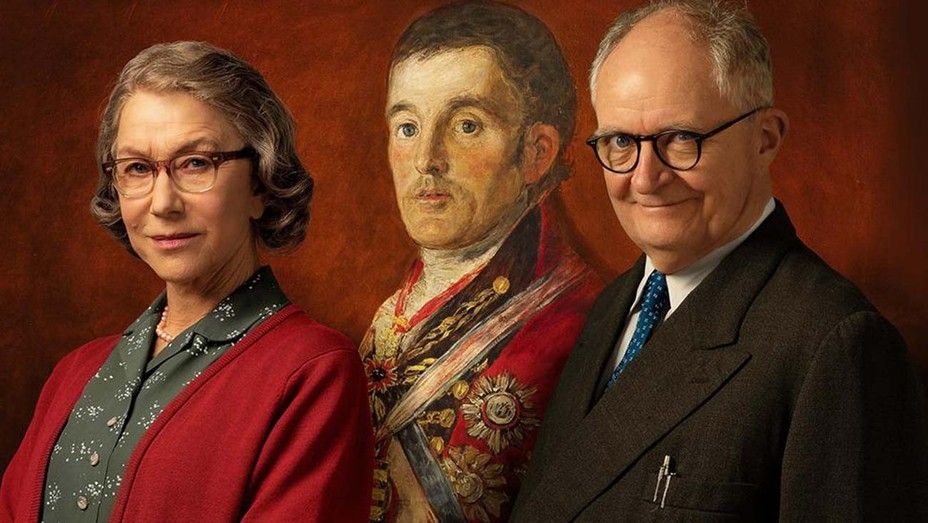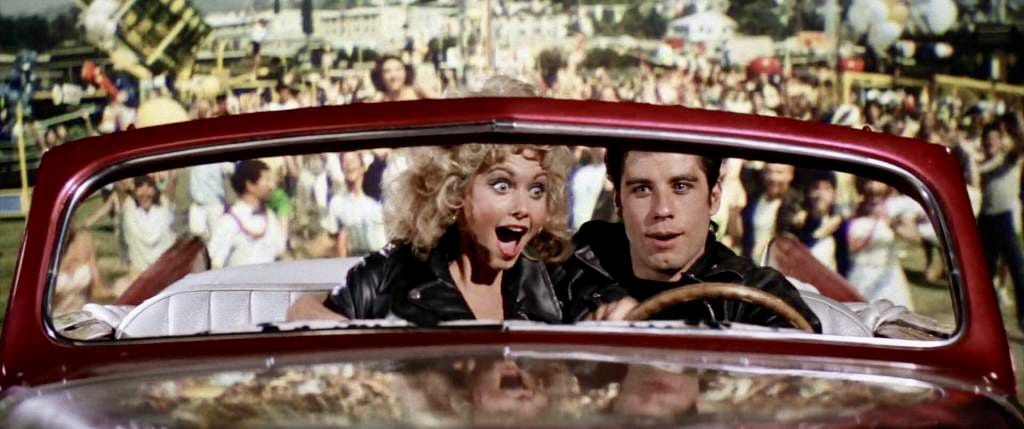By William Thompson, First Year, English Literature & Film
Whilst, long ago, Ealing Studios ruled the roost when it came to British comedies, nowadays, it seems that the healthiest source of crowd-pleasing British comedies stems from ‘true events’, with Eddie the Eagle (2016) and Pride (2014) both drawing on instances where life has uncannily imitated films about underdogs and community spirit.
As such, the story of Kempton Bunton, a retired Bus driver and amateur television writer who steals Goya’s eponymous painting as an act of protest against TV licences for pensioners, seems an apparent basis for Roger Michell’s comedy.
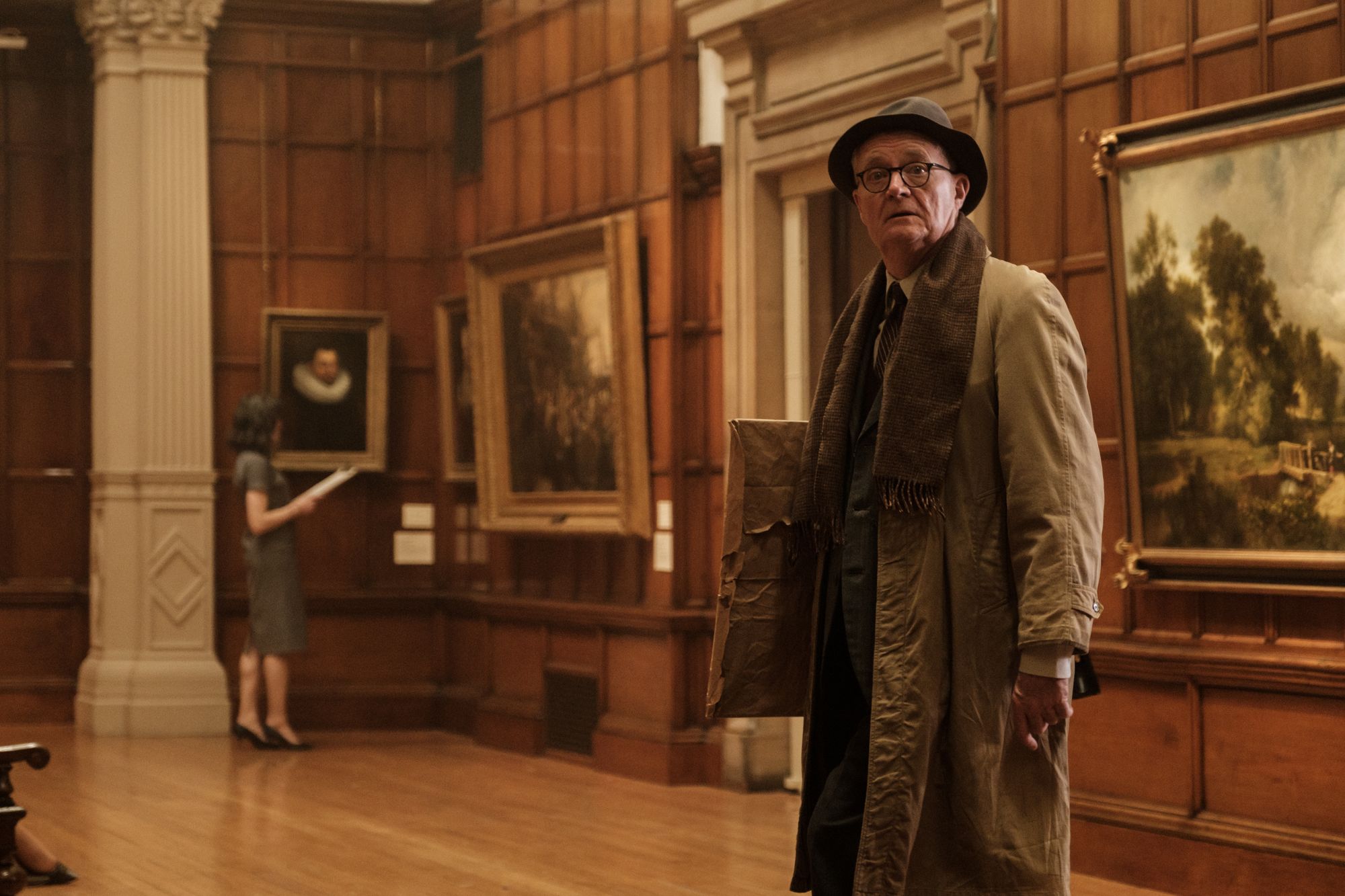
When we first meet Kempton (Jim Broadbent), he’s hiding in a phone booth to escape the television licence inspectors, believing that the bill is unfair for all those whom television provides essential company. Meanwhile, Kempton’s wife Dorothy (Helen Mirren, masterfully bemused) spends her time obsessively scrubbing the dirt from every corner of their Newcastle home, something that, post-Lady-Macbeth, can only mean unaddressed emotional baggage.
The film’s triumph is that the domestic and public stories don’t fight for space but rather complement each other as demonstrations of characters’ keeping their various foibles across both familial and national canvases.
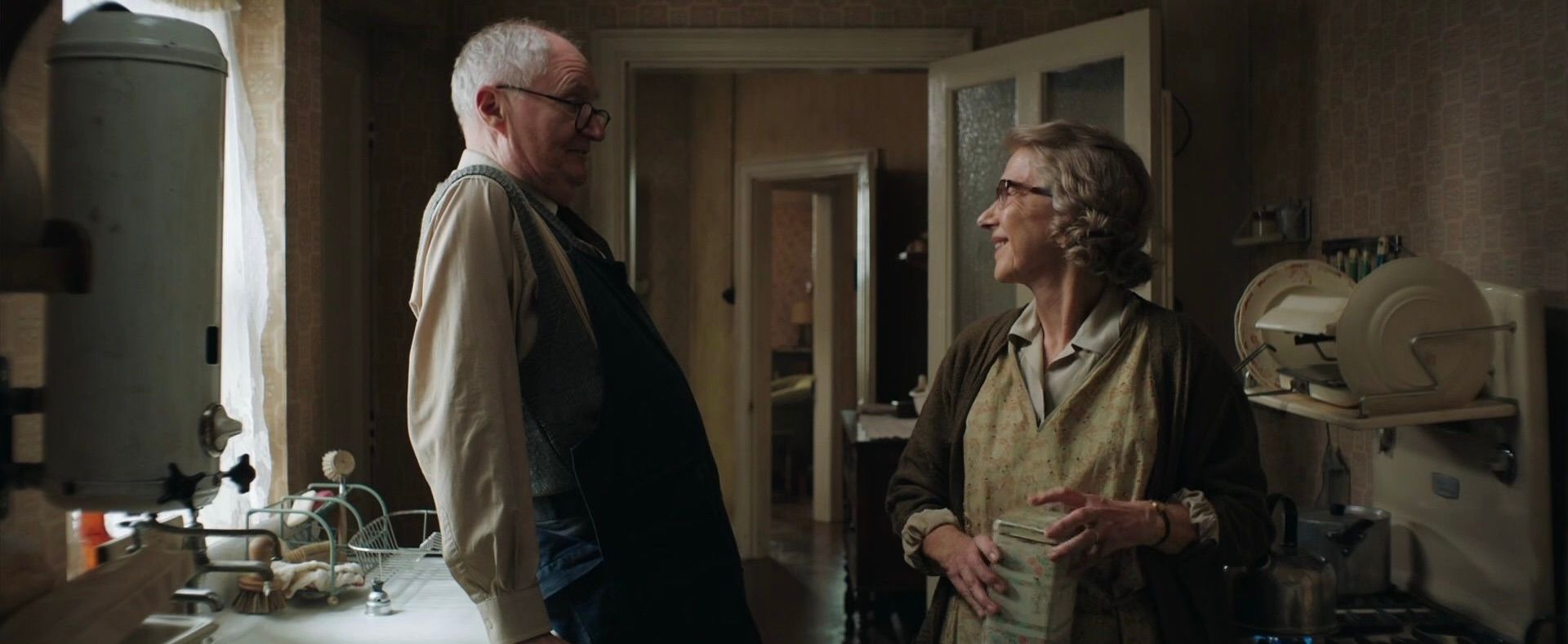
Broadbent brings buckets of the requisite charm needed to hoist the audience along on his fanciful crusade for TV equality. He makes a compelling presence, exuberantly erudite as he ever sports a classic tome and orates with relaxed aplomb, whilst evidently lacking all self-consciousness.
There’s much tragicomedy in his unsuccessful attempts to rally support, as he genially bothers an ascending litany of public figures, unphased by their more aggressive responses. The production seems self-aware of its immense dramatic force at its disposal, and thus, utilises it splendidly. Scenes are effortlessly enhanced, for instance, by Broadbent being given a smoking pipe, with which he works expressive wonders.
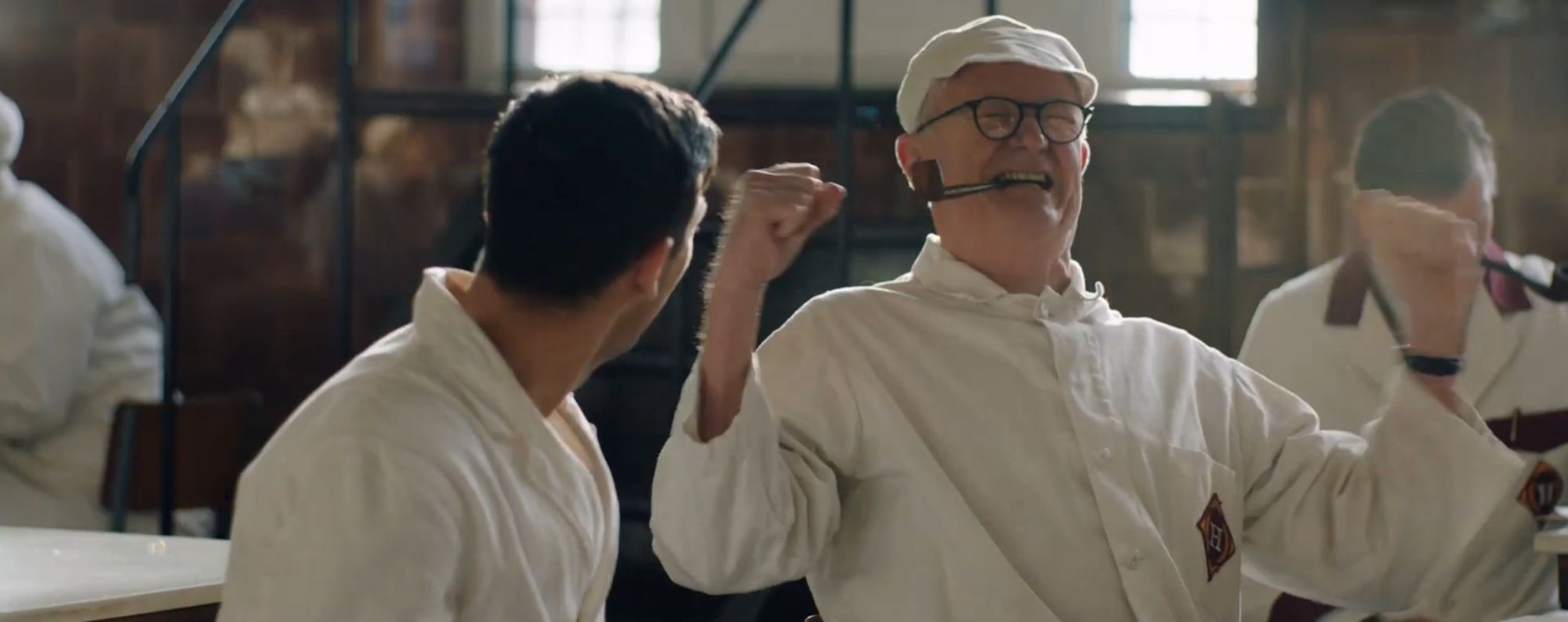
It's to the film’s credit that, despite its extraordinary factual basis, there’s never a temptation to search out the truth amongst the fabrications made for the adaptation. Kempton’s character, for example, is moulded into the archetypal figure of a ‘small man taking on system’ so effectively that the film can afford to play out in the register of classic Brit-coms. It never feels necessary, as such, to consider the real Kempton when viewing Broadbent’s brilliant comic creation.
Initially, Broadbent’s Kempton appears to have something of Mrs Wilberforce from The Ladykillers about him in his dedication to an obscure and occasionally annoying ideology. The film is at its strongest when interrogating this absurd and contrived character, subsequently uncovering complex and human reasons for Kempton’s idiosyncrasies.
Less effective is when this process is reversed, and Kempton’s discovered nuances are smoothed out to make him an icon for ‘everyday decency’. The return of supporting characters’ near the end, for example, who reveal how Kempton’s thwarted mission has touched all their lives works, so hard to make an unlikely hero of its central figure that it seems Broadbent’s gooey-hearted screenwriter Kempton may have been given the privilege of the final draft.
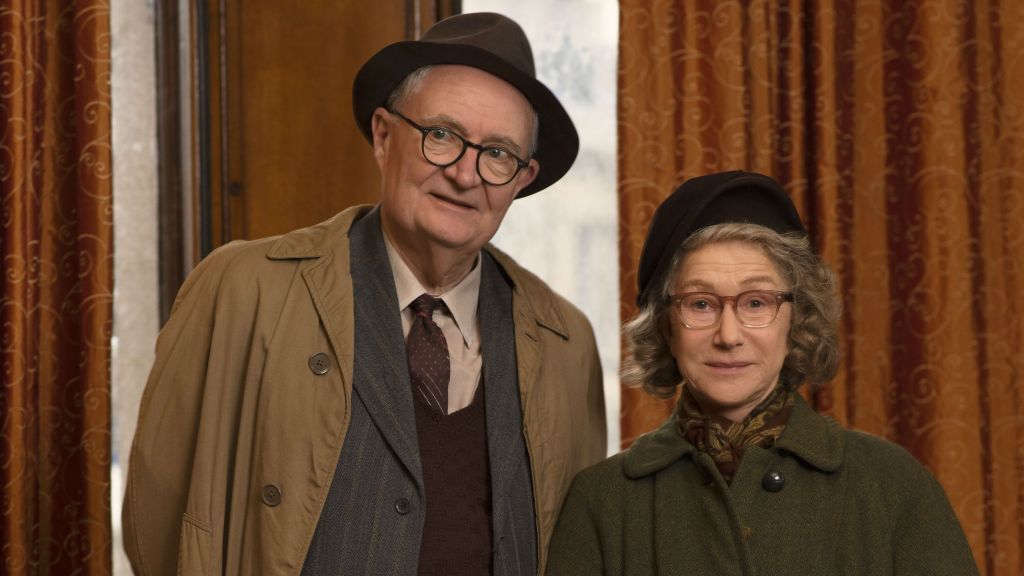
Overall this is cosy filmmaking, yet it's expertly executed cosiness, making for an uplifting telling that doesn’t forsake emotional intelligence, choosing to investigate rather than simply settle for the well-worn character archetypes it deploys. The tone proves particularly fitting for a film that champions the comforting power of television, exerting a soothing spell of its own.
As reports of Kempton’s burglary spread to the Ten O’Clock News, Broadbent conveys a lovely sense of being simultaneously horrified, and a bit delighted that he is indirectly starring on his beloved television. Perhaps it’s the perfect ending that Kempton Bunton has been immortalised on screen in a film whose old-fashioned sensibility can be enjoyed by everyone.
Featured Image: IMDB
What do you think about modern British comedies?

